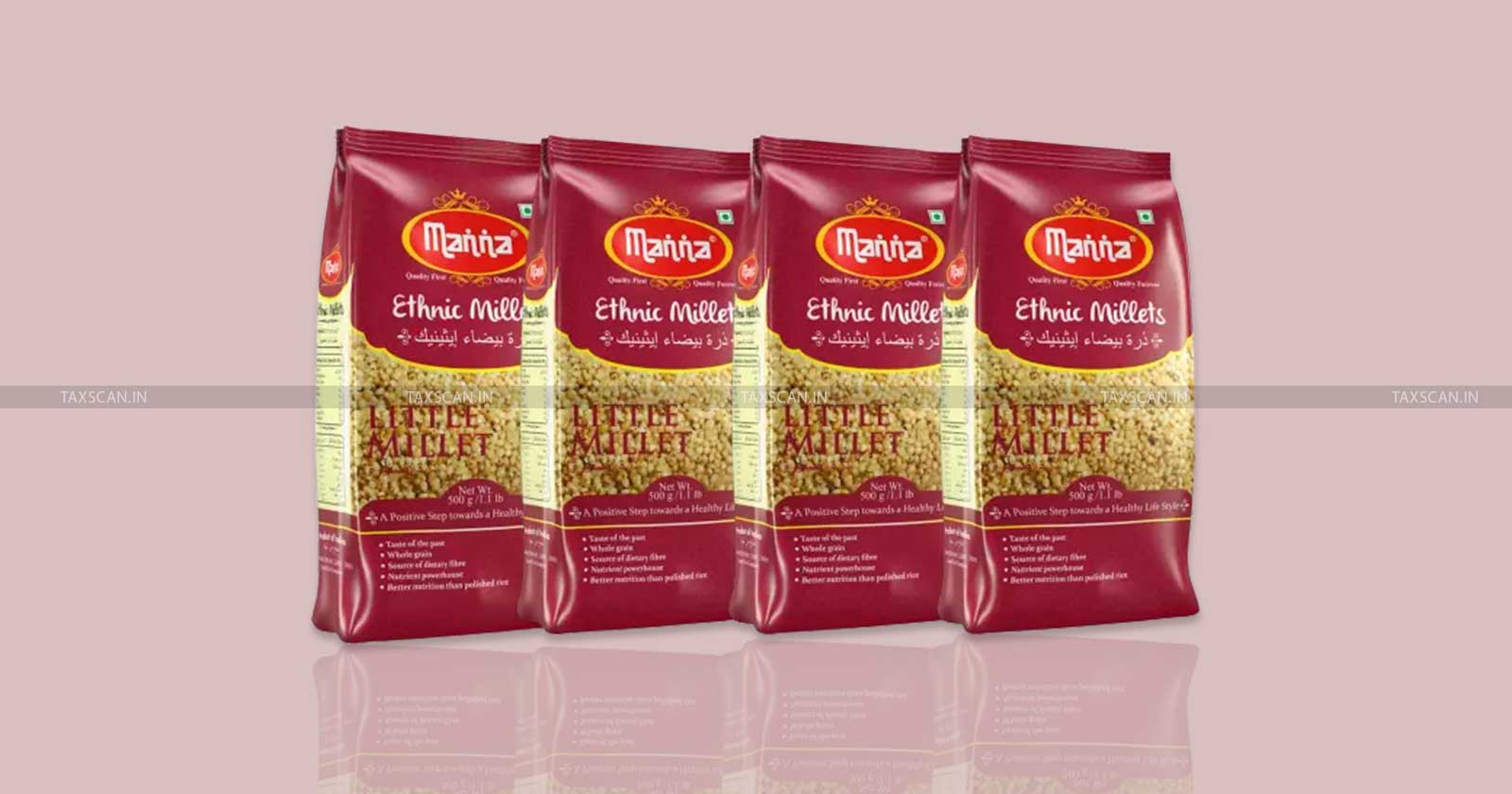GST Fitment Panel Works to Classify and determine rates of Millets Products: Likely to propose next GST Council Meeting

The classification of millet products and related rates are being worked on by a Goods and Services Tax (GST) fitment panel. The fitting panel, according to sources, was made up of officials from the Centre and states who would categorise products where millets are a main element.
The classification will presumably be suggested by the panel at the forthcoming GST Council meeting, which is slated to take place at the end of May or in June.
The Union Finance Minister Niramala Sitharaman after the 49th GST Council Meeting stated that no decision was arrived at on the levy of millets. However the discussion is going on. Further, the Union government too is advocating for millet-based products to help increase farmers’ income.
Additionally, the FM claimed that it is planned to make India the core of millets in the Union Budget Speech of 2023. Currently, India is the second-biggest exporter of millets and the foremost producer of millets
The GST does not yet have a separate entry for millet-based health mix products. As a result, under the residual entry, such products currently attract a GST rate of 18%. According to a senior official, the panel will look at the percentage of millet and other ingredients in the health mix to determine where it will fall in the classification.
Furthermore, a typical millet-based health mix includes miniscule amounts of flour, groundnut powder, lentils, etc. that are roasted the same manner as millets. Insignificant amounts of other products, such cardamom and pepper, can be used for flavour. All of these goods are combined, ground, and packaged for sale.
The ready food category has multiple classifications, therefore we need to figure out where millet-based mixtures might fit in so that tax rates can be applied appropriately.
Fitment panel recommendations to lower rates to zero or five percent were discussed at the preceding GST Council meeting in February (depending on packaging). It recommended that no tax be assessed if the product was sold loose and included at least 70% millet, and 5% if it was packaged or labelled.
Support our journalism by subscribing to TaxscanAdFree. Follow us on Telegram for quick updates.


